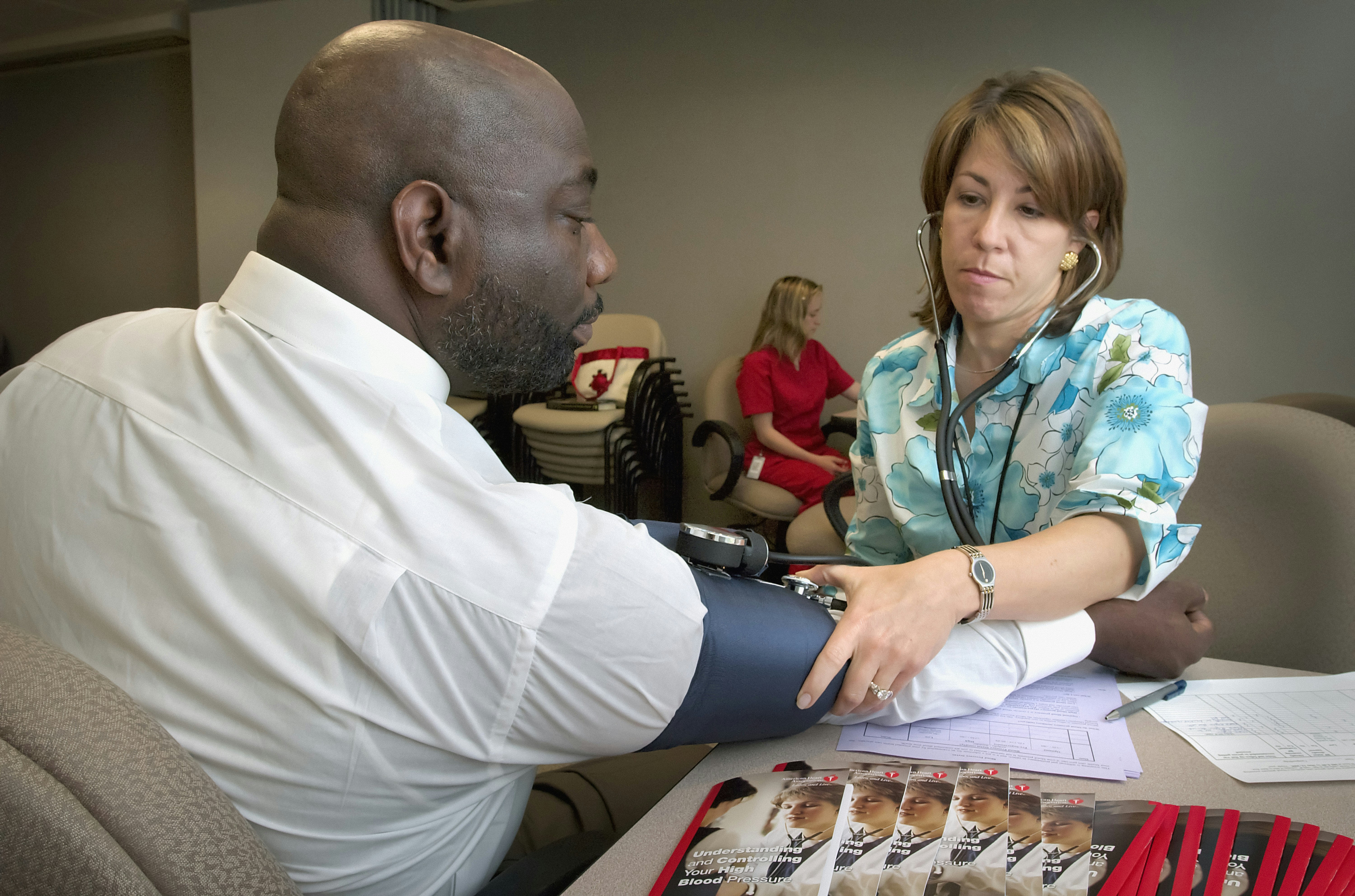What Are The Most Important Health Screenings For Men?

What Are the Most Important Health Screenings for Men?
Maintaining your health can feel overwhelming, especially when you're unsure which tests or screenings you need and when. To help you stay informed, we've created this guide on essential men's health screenings. By understanding what to prioritise, you can take control of your health and plan for a long, healthy future.
Key Health Screenings by Age
In Your 20s and 30s
- Testicular Cancer Screening: Although rare, testicular cancer is the most common cancer in young men. Regular self-examinations can help detect unusual lumps or swelling early on.
- Sexually Transmitted Infection (STI) Screening: If you're sexually active, regular STI screening is vital to maintaining your overall health and protecting your partners.
- Blood Pressure Check: Starting early is essential. Get your blood pressure checked at least every five years or more often if you have risk factors like a family history of heart disease or smoking.

In Your 40s
- Cholesterol Test: From your 40s onwards, it’s vital to monitor cholesterol levels regularly, particularly if you have a family history of heart disease or other risk factors.
- Diabetes Screening: Men over 40, especially those who are overweight or have a family history, should consider screening for type 2 diabetes. Early detection can help prevent complications later on.
- Prostate Cancer Screening: Discuss the pros and cons of screening with your doctor. Although the PSA test is widely used, it may not be necessary for every man in his 40s, depending on family history.
In Your 50s and Beyond
- Colorectal Cancer Screening: Starting at age 50, regular screenings for bowel cancer (via colonoscopy or home screening kits) become essential.
- Heart Health Check: Cardiovascular risk increases with age. A heart health check typically includes a blood pressure test, cholesterol test, and an evaluation of lifestyle risk factors.
- Prostate Health Check: Prostate issues, including cancer, become more common as you age. Talk to your doctor about regular prostate checks, especially if there’s a family history of prostate cancer.

Diagnostic Tests and Wellbeing Checks
In addition to routine health screenings, other diagnostic tests are essential for gaining deeper insights into your overall well-being. For instance, liver function tests are particularly valuable for individuals who consume alcohol regularly or take medications that may impact liver health. Men experiencing reduced libido or fatigue may benefit from hormonal testing, particularly testosterone levels, to determine if hormone imbalances are contributing to their symptoms, and male fertility testing may be useful for those planning on starting a family.

Managing Medical Conditions
Men with a family history of certain conditions, or who are at higher risk, should consider more frequent testing:
- Heart Disease: If you have high blood pressure, high cholesterol, or a family history of heart disease, you may need more regular heart screenings.
- Cancer: If you have a family history of cancers like bowel, prostate, or testicular cancer, talk to your healthcare provider about early and frequent screenings.
It’s crucial to consult your doctor for tailored advice on managing existing conditions and determining the best screening schedule for your needs.
Conclusion
Taking care of your health as a man doesn’t have to be overwhelming. By staying informed and scheduling regular men's health screenings, you can catch potential issues early and take proactive steps to maintain your well-being. From routine check-ups to more specific diagnostic tests, these screenings are essential tools for preventing illness and promoting long-term health. Whether you're focused on heart health, cancer prevention, or overall wellness, investing in your health now will pay off in the future. Book today and take control of your health!
Recent posts
- How Coaching Can Support ADHD: Exploring Options Beyond The NHS
- Understanding ADHD Assessments: What To Expect During Diagnosis
- What Are The 4 Stages of COPD?
- What is Musculoskeletal Physiotherapy?
- What Are the Most Important Health Screenings for Women?
- What are the Benefits of Vitamin B12 Injections?
- Can A Chiropractor Help With Sciatica?
- Unlocking the Truth About Private Healthcare
- Is my portion size correct?
- Why Water is King!

